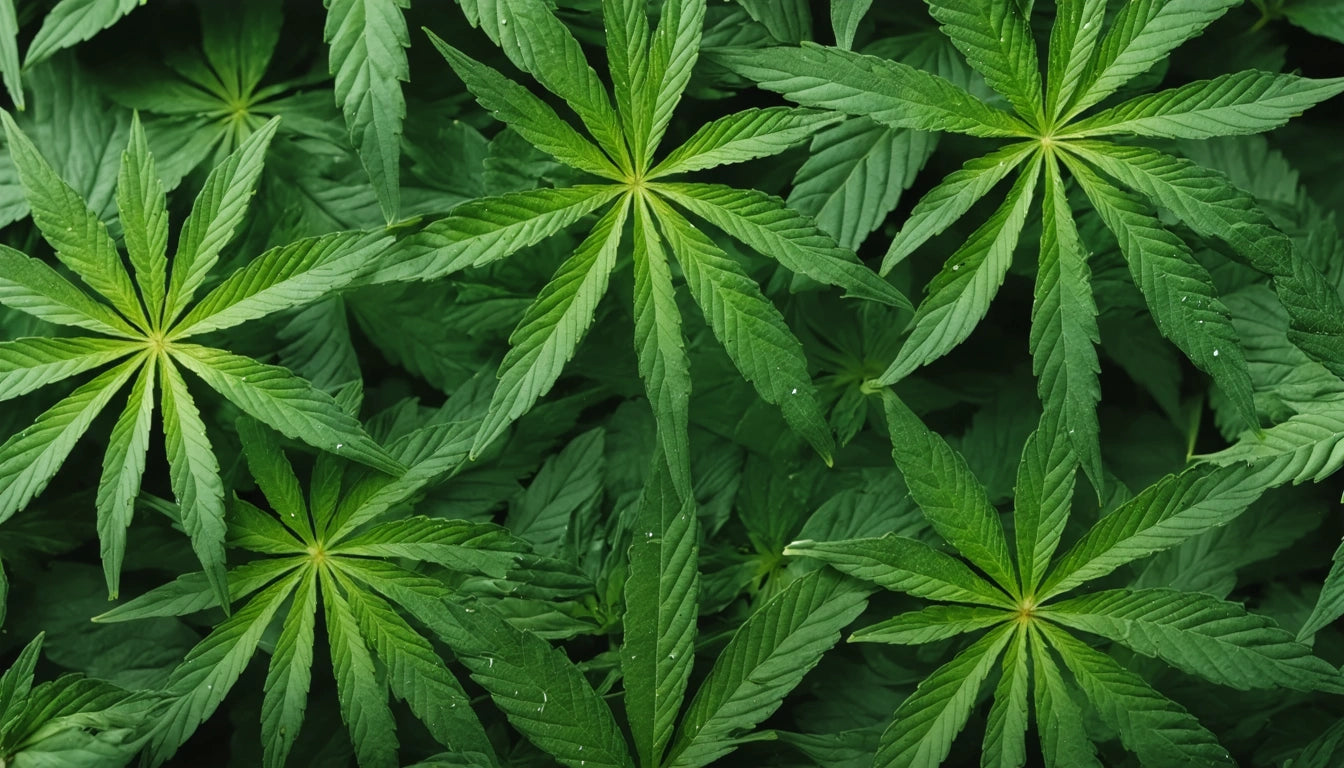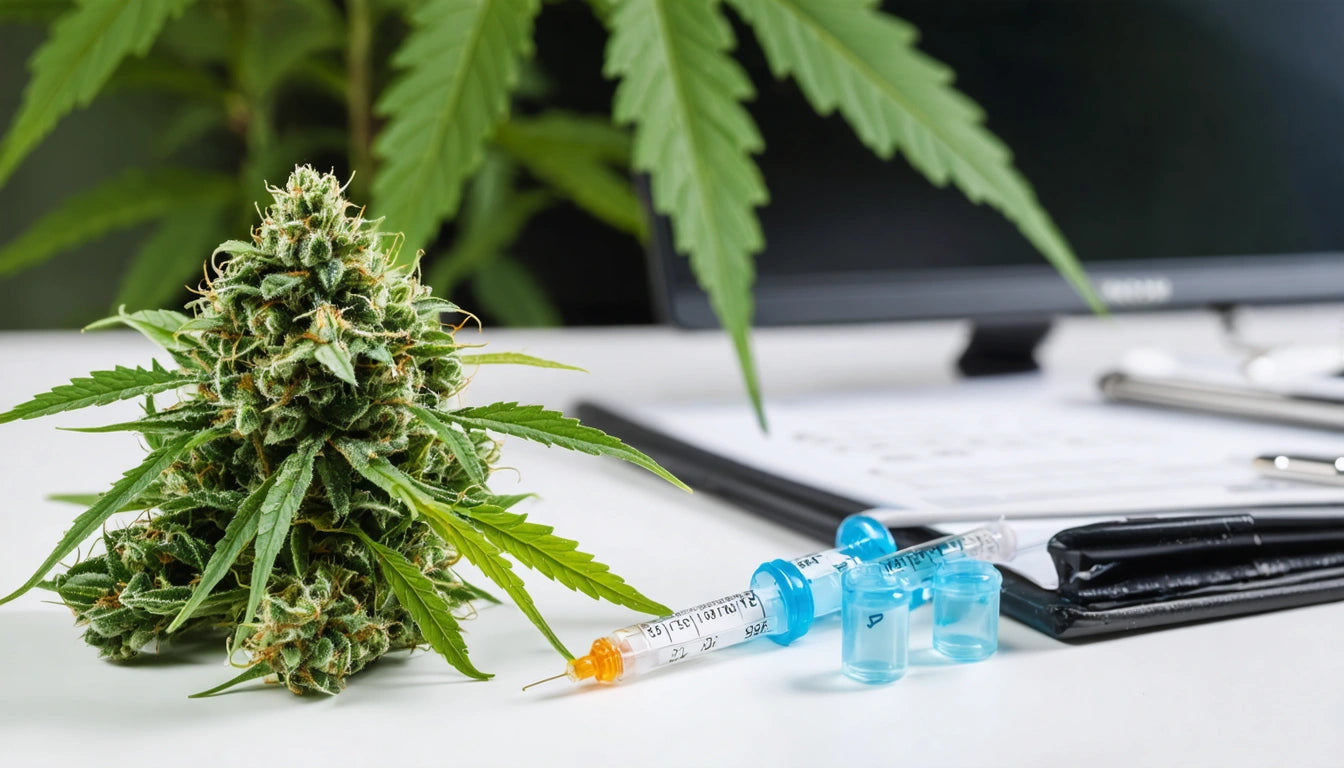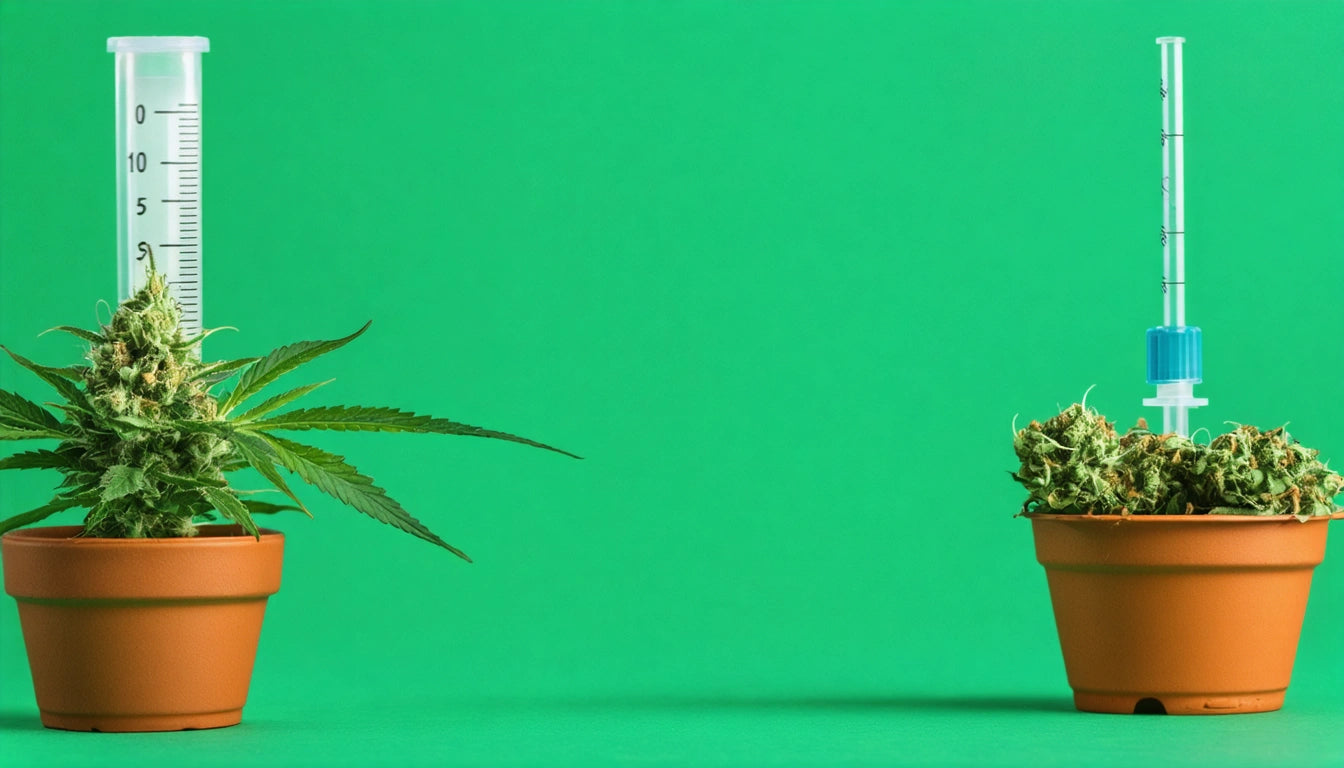Table of Contents
Which States Have Legalized Recreational Marijuana?
The landscape of recreational marijuana legalization continues to evolve across the United States. As of 2024, a growing number of states have legalized cannabis for adult recreational use, creating a patchwork of regulations that varies significantly by region. Understanding which states have embraced recreational cannabis is essential for consumers, businesses, and policymakers navigating this rapidly changing industry.
Current States Where Recreational Marijuana is Legal
Currently, recreational marijuana is legal in 24 states plus Washington D.C. and several territories. According to recent legalization data, these states include:
- Alaska
- Arizona
- California
- Colorado
- Connecticut
- Delaware
- Illinois
- Maine
- Maryland
- Massachusetts
- Michigan
- Minnesota
- Missouri
- Montana
- Nevada
- New Jersey
- New Mexico
- New York
- Ohio
- Oregon
- Rhode Island
- Vermont
- Virginia
- Washington
Each of these states has implemented unique regulatory frameworks governing how recreational cannabis can be purchased, possessed, and consumed. For instance, possession limits typically range from 1 to 2.5 ounces, with some states allowing home cultivation while others prohibit it.
Recent Additions to Recreational Legalization
The momentum for recreational cannabis legalization has accelerated in recent years. Ohio became one of the newest states to legalize recreational marijuana through a ballot initiative in November 2023. Minnesota legalized through legislative action earlier in 2023, while Delaware approved recreational use through its legislature after years of failed attempts.
According to tracking of state legalization efforts, these recent additions reflect a broader trend toward acceptance of recreational cannabis use across diverse regions of the country.
Implementation Timelines
While voters or legislators may approve recreational marijuana, the implementation often follows a staggered timeline:
- Possession typically becomes legal first
- Regulatory frameworks are then established
- Licensing processes for businesses follow
- Retail sales begin months or even years after initial legalization
For example, New York legalized recreational marijuana in March 2021, but retail sales didn't begin until December 2022 due to the time required to establish regulations and licensing procedures.
Upcoming and Potential States for Recreational Legalization
Several states have recreational marijuana measures under consideration or scheduled for upcoming ballots. According to recent analysis, states with significant momentum include:
- Pennsylvania
- North Carolina
- Florida (ballot initiative for 2024)
- Nebraska
- New Hampshire
- Wisconsin
These states represent the next potential wave of recreational legalization, though the political and regulatory hurdles vary significantly by region.
State-Specific Regulations and Limitations
Even in states where recreational pot is legal, significant variations exist in how marijuana is regulated. These differences affect everything from possession limits to consumption locations and product types.
Key Regulatory Differences
- Possession limits (typically 1-2.5 ounces)
- Home cultivation allowances
- Public consumption rules
- Potency limits on products
- Local opt-out provisions for municipalities
For example, while Michigan allows adults to possess up to 2.5 ounces in public and grow up to 12 plants at home, Illinois limits possession to 1 ounce and does not permit home cultivation for recreational users.
As detailed in this comprehensive guide, understanding these nuances is essential for both consumers and businesses operating across state lines.
Packaging Requirements in Recreational States
One of the most complex aspects of recreational marijuana legalization is the varying packaging and labeling requirements across states. These requirements typically focus on child resistance, product information, and warning labels.
Common packaging regulations include:
- Child-resistant packaging mechanisms
- Opaque containers that don't show the product
- Warning labels about health risks
- THC content and dosage information
- Batch tracking information
- State-specific symbols or markings
These requirements create significant challenges for multi-state operators who must adapt their packaging to meet different state standards. Many brands utilize specialized packaging solutions designed specifically for cannabis products to ensure compliance across all markets.
The Impact of Recreational Marijuana Legalization
The growing number of states where recreational pot is legal has created significant economic and social impacts. According to current status reports, these impacts include:
Economic Effects
- Tax revenue generation (often earmarked for education, infrastructure, or public health)
- Job creation across cultivation, processing, retail, and ancillary services
- Reduced law enforcement and incarceration costs
- Development of tourism in some regions
Social and Policy Considerations
- Equity programs to address historical disparities in marijuana enforcement
- Expungement of prior marijuana convictions
- Public health monitoring and education
- Ongoing research into impacts on youth use, impaired driving, and public health
As more states consider recreational legalization, these economic and social factors continue to shape policy discussions and implementation strategies.
The trend toward recreational marijuana legalization shows no signs of slowing, with more states likely to join the list in coming years. For businesses and consumers alike, staying informed about which states have legalized recreational use and understanding the specific regulations in each market remains essential for navigating this dynamic industry.











Leave a comment
All comments are moderated before being published.
This site is protected by hCaptcha and the hCaptcha Privacy Policy and Terms of Service apply.